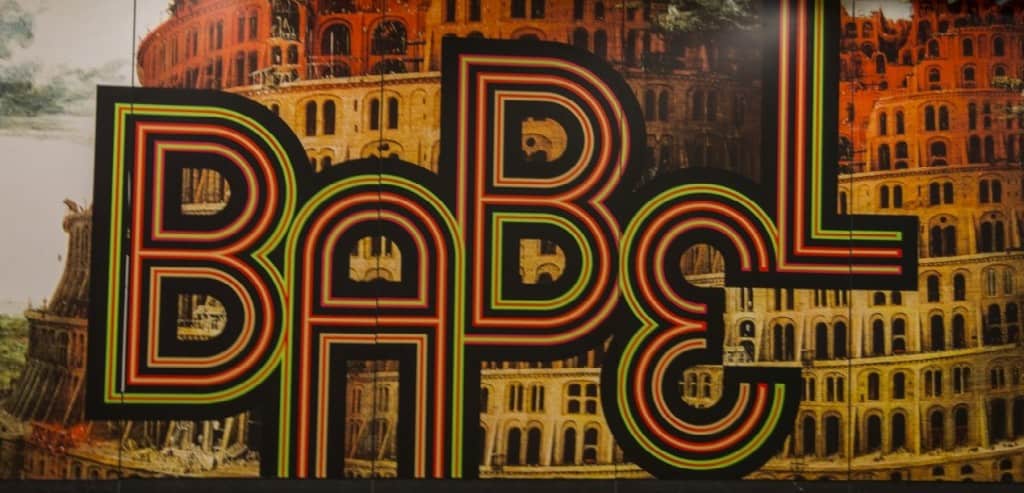During my university studies I was lucky to have many opportunities to practice my languages: Dutch, English, French, German and Latin, the languages I learned at school, and even a few more: Italian and Greek. I liked these languages and considered the advantage of speaking them well. But it never occurred to me that language competences are so intertwined with academic competences. They are vital for what is generally called academic literacy. Academics only perform well if they are proficient in their languages.
I only started realizing this in my work as a researcher, teacher, translator and manager. I could only perform well with a wide range of very specific language skills: reading and writing skills, listening and interpretation skills, debating and negotiation skills, etc. It is not surprising this insight transformed my approach to academic teaching in general and to language teaching in the academic domain in particular.
I never planned to become a ‘language expert’ in the academic domain, but it simply happened. The courses I teach at this moment, an Introduction to Academic Writing (in English) and an elective about European Language Policies, bring together many of the insights and practices I acquired in earlier jobs in the field of language learning and language management. In general, I try to make my students aware of what it means to become multilingual, what standards we apply, what ‘diglossia’ means and implies, what kind of attitudes we expect them to develop and which tools and books they can use for it. We coach and supervise them for a number of years, but in the end THEY have to do the job – not their teachers or translators. Language learning is a kind of empowerment: we have to give our students WINGS.
The experiences as a Dutch teacher in an Italian and French context were my first training in this domain. The four years in the domain of Language Testing (Certificaat Nederlands) allowed me to develop useful experience in assessment practices and computer-supported language learning. Through my Dutch teaching I was in close contact with the Nederlandse Taalunie (Dutch Language Union) and I became aware of the impact of national language policies and the rights and realities of regional and immigrant minority languages (ánd the political challenges in this field). More recently I started reflecting on the shocking figures of illiteracy and low-literacy in Western Europe. In Maastricht I became familiar with the realities of multilingualism and the educational practices of English Medium Instruction: its organization and assessment, its threats and opportunities, strengths and weaknesses, expectations and disappointments. But most of all, I believe, I learned as a parent in a trilingual family (NL, IT, FR), as a citizen in a trilingual country (Belgium) and through working, reading and writing myself, over the years, in different languages and together with multilingual colleagues. Multilingualism is a fascinating, challenging and amazing reality in Europe.

